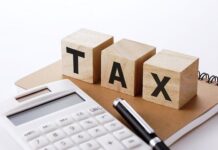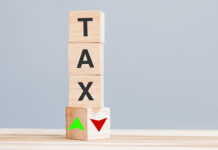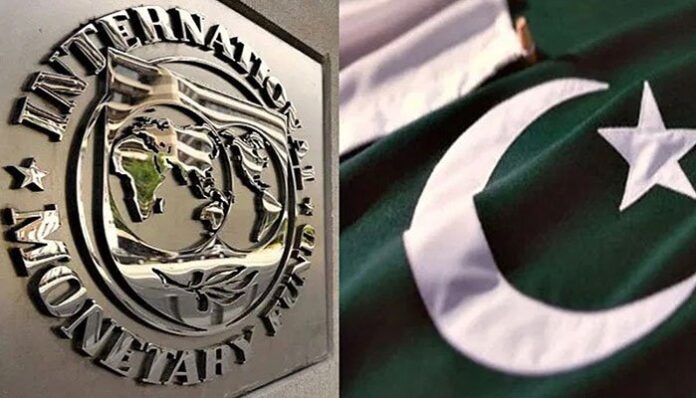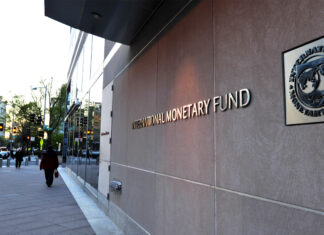ISLAMABAD: Prime Minister Shehbaz Sharif is giving the nation mixed signals. Less than a week ago in a meeting with newspaper editors he said that his government was hesitating to announce a petrol subsidy scheme for low-income households in case it rubbed the IMF the wrong way.
On Sunday, the prime minister announced a subsidy that would slash Rs50 off the price of petrol per litre for motorcyclists, rickshaw drivers, and those with cars under 800cc. Yesterday, petroleum minister Musadiq Malik, carefully avoiding the word subsidy, said that the government plans to increase petrol prices by Rs100 for the wealthy and reduce them for low-income individuals in order to provide them with relief from fuel tariffs.
So what is the government doing? The most obvious answer is that they are trying to provide relief to the public in the wake of elections that are due anytime this year. Already backed into a corner by Imran Khan who is riding a populist wave and unable to fix the ailing economy, the Sharif administration’s moves are reeking of desperation with every passing day.
Perhaps most indicative of Mr Sharif grasping at straws was when he also pandered to the military establishment yesterday. In a strongly worded tweet, he strongly condemned the “vile campaign” against the Pakistan Army and Chief of Army Staff (COAS) General Asim Munir abroad and called on overseas Pakistanis to raise their voices against it.
But in the midst of this there is one very important question: has the government given up on a deal with the IMF and gone into election mode? Put the PM’s announcement into context. It came the same day that the Middle East Eye reported that Saudi Arabia’s decision to refuse to provide any further bailouts or interest-free loans to Pakistan has left the government in Islamabad in shock. With the IMF already demanding that Pakistan provide written assurances from lender countries to achieve a staff level accord, hopes of a deal seem bleak.
All of this comes at a time when Pakistan’s creditors are knocking at the door for repayments and short term inflation has climbed over 45%. As things stand, Pakistan will need $5 billion external financing to close its financing gap this fiscal year, which ends in June, to avoid default.
The rocky road that led us here
When Ishaq Dar took over the finance ministry in September 2022 Pakistan’s economy had veered away from default and secured a tranche of the IMF bailout under the stewardship of former finance minister Miftah Ismail. While there was still a lot of work to be done, the country was at least out of the red. The disbursement had been achieved by ending a massive fuel subsidy introduced by former prime minister Imran Khan and by agreeing to other terms of the IMF. The state bank at the time had more than $8 billion in foreign reserves.
The nearly six months since have seen the economy go from bad to worse and then worse than before. Dar, who during a television interview said “he knew how to deal with the IMF” since he had been doing it for decades, decided to artificially keep the price of the rupee high. However, this strategy failed within a few months and by January 2023 Pakistan was staring down the possibility of default. The country began facing a shortage of forex reserves that has led to a curb of imports and skyrocketing inflation.
Since then Dar has been trying to keep his chin-up and convince the nation that we are out of the water, negotiations with the IMF have not been so simple. The IMF team left Pakistan on the 9th of February without signing a staff level agreement, since when the government has been scrambling to meet the fund’s demands and get the vital $1.1 billion released. On February 11th, the government bulldozed a mini-budget through the national assembly to placate the IMF and agreed to impose Rs 170 billion in additional taxes to meet the fund’s conditions.
In the meantime the government has been trying to receive loans from friendly countries to try and shore up forex reserves and avoid default. Pakistan has previously received a $700m loan from China to help in this regard. The unhelpful signal from Riyadh, however, may be the final nail in the coffin.
Connecting the dots
So just how bad are things? On the surface, the declaration of a petrol subsidy for bikes and rickshaws may just be a blank fire. The PM has only directed the relevant authorities to “finalise a scheme at the earliest” — which means implementation could be anywhere between now and never.
But the prime minister’s statement comes at a very strange time. With his popularity in the doldrums and the political fortunes of his main rival Imran Khan rising high, there is a clear desperation to try and gain some traction before an upcoming election. The government’s inability to arrest Khan or fix the economy means they are far from prepared for an election— something made evident by the PTI sweeping all by-elections since losing power at the centre.
On top of this, the programme to provide cheaper petrol to low-income households will be a nightmare to implement. The government has given itself six weeks to do this. The problem is, there are incredible logistical and mathematical issues with this. So if the plan is not going to go into action, what good will such an announcement do? It can only do harm considering that the IMF is already cagey about signing a staff level agreement with Pakistan.
One of Pakistan’s last hopes in these trying times was that friendly countries would come to our aid. Hopes of that are slowly being dashed. Matters should become clearer over the next few weeks, but it goes without saying that the incumbent administration has made a mess of them. The least they can do now is display a little honesty even if the ship is going down.
























